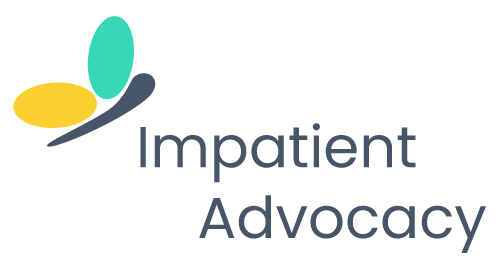Living with Cancer
What should I eat/drink?
A helpful guide on dealing with well-meant, but potentially misguided advice.
In our previous article on prevention, we talked about all the different suggestions for what to eat and drink to possibly prevent cancer. However, that's nothing compared to the huge amount of advice you might hear about foods and drinks that some people claim can cure cancer. There are so many suggestions that it can be hard to figure out what to trust.
Because it's such a minefield, we're not going to represent any one group of foods or drinks as better or worse than others in this regard. Instead, we'll provide some simple steps to help you navigate the often overwhelming advice you might receive once your diagnosis is known.
How to deal with well-meant but potentially misguided advice from others
Many individuals have encountered cancer in some form, making it quite common for you to meet people who believe they can offer useful advice based on their experiences. Some of this advice could be extremely valuable, but there will certainly be suggestions that may not be as helpful and might even be considered dangerous.
Here are some things you can do in the latter situations.
Acknowledge their Intentions: Understand that most advice comes from a place of care and concern. Acknowledging the good intentions behind the advice can make it easier to navigate tricky conversations.
Set Boundaries: It's okay to set boundaries around the type of advice or support you're open to receiving. Politely let people know what kind of support is helpful and what isn't.
Seek Information from Reliable Sources: When it comes to medical advice, it's essential to rely on information from reliable sources. If you're unsure about a piece of advice, bring it up with your care team. They can provide clarity and guide you on the best course of action.
Develop a Response Strategy: Having a few responses ready can help manage unwanted advice.
- You can start out nicely, especially with friends and family:“I'm currently overwhelmed with information and advice. It would be great if we could focus on just enjoying our time together.”
- For someone you’re not particularly close to, you might try:“That's an interesting perspective. I'll consider all my options and make a decision that's right for me.”
- If someone doesn’t get the hint, try something a little more forceful:“Thank you for the suggestion. I'm not looking for additional advice at the moment, but I appreciate your willingness to help.”
